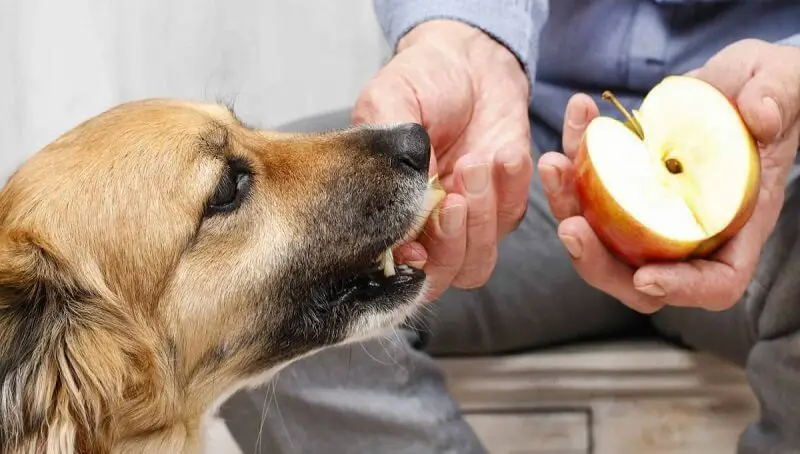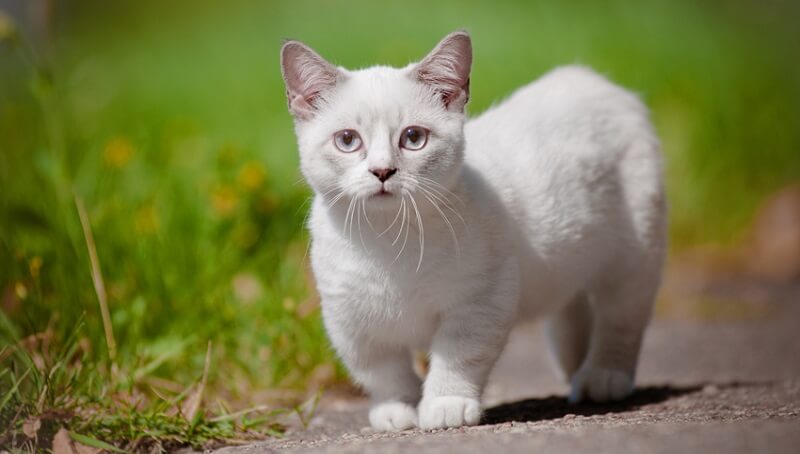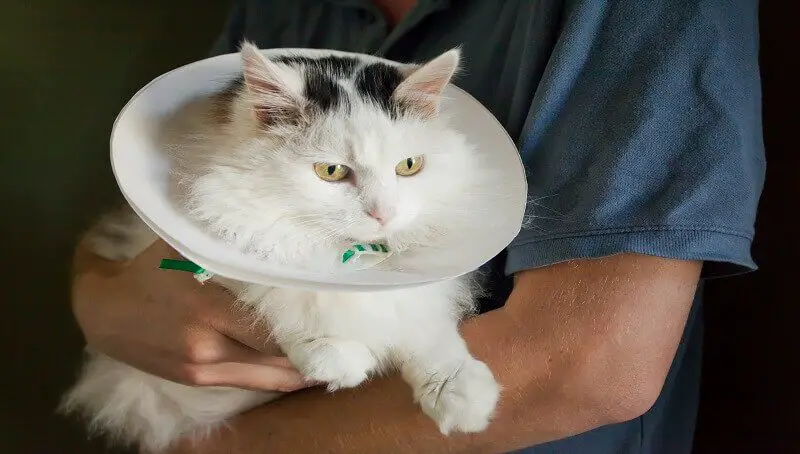
Can Dogs Eat Apples?
December 30, 2022
Interesting facts About Munchkin Cats
January 3, 2023
Neutering a cat is the responsibility of every owner to reduce the number of unwanted kittens that are born annually.
Some pet owners are afraid to castrate their cat because of the surgery itself, some prejudice in society, the costs of surgery, or because they fear that the intervention will change the personality of the cat.
What does castrating a male cat mean?
Castration of the cat is a surgical procedure. You should not be afraid that the cat will suffer while getting castrated. With the help of modern pain control drugs, most felines experience minimal discomfort after surgery, if post-surgical recommendations are followed.
This surgery is very common and frequent. Veterinarians practice it daily, and the procedure itself has a very low rate of complications. Recovery is rapid, and most cats begin to walk and eat a few hours after the effect of anesthesia has passed.
If you can’t afford the surgery, you should know that there are veterinary practices and town hall programs that will help you neuter your cat for free. Castration can also reduce the chances of contracting FIV, the Feline immunodeficiency virus, a virus similar to HIV in humans
Why it is good to neuter the tomcat?
You might also like my articles on:
- How to stop my cats fight each other
- Do cats have menopause
- Why are cats walking low to the ground and meowing
- Would neutering a dog change his personality
Uncastrated cats have a high chance of developing prostate cancer. This disease is difficult to treat and can be fatal.
Uncastrated male cats tend to be untidy, which can lead to skin infections, parasitic diseases, and discomfort. Castrated cats do not have this problem, because they take better care when cleaning their skin and fur.
As I said above, neutering your cat can also reduce the chances of contracting the Feline immunodeficiency virus. Tomcats tend to contract this virus while taking part in territorial fights. Castrated cats do not exhibit this behavior, being more docile.
When it is best to castrate a cat?
 Male cats become sexually mature around the age of five months. To prevent unwanted kitties, it is recommended that tomcats be castrated around four months of age after they have been properly vaccinated. Some veterinarians recommend the age of five or six months.
Male cats become sexually mature around the age of five months. To prevent unwanted kitties, it is recommended that tomcats be castrated around four months of age after they have been properly vaccinated. Some veterinarians recommend the age of five or six months.
For those who adopt uncastrated adult cats, it should be known that this surgery is safe even in older ages, depending on the recommendations of the veterinarian.
After castration, the cat will be a bit sleepy, of course, but this can go home the same day.
The surgery of the cat’s castration
Castration or sterilization of the tomcat is a surgical procedure called orchiectomy an operation to remove the testicles of male cats.
The procedure takes place under general anesthesia after blood tests have been done to determine if the animal is clinically healthy and fit for this type of anesthesia.
In the operating room, the medical staff will monitor the cardiac and respiratory frequency throughout the whole neutering surgery. The veterinarian will make a small incision on the cat’s ball sack, remove the testies and make the ligation of blood vessels and the deferent canal. In the end, the incision will be closed.
The cat can go home the same day but will have to return to the veterinarian after a few days for a check-up.
How to take care of the cat after castration
After the castration surgery of the tomcat, you need to be careful about the signs of a possible infection like swelling, redness, fever, or unpleasant smell. Your veterinarian should be notified if these symptoms are observed.
Following the post-surgical instructions, you will avoid the risk of infection. The tomcat must be prevented from licking the place of the surgery with the help of an e-collar, or a special suit.
Advantages of neutering your tomcat
The most important advantage of male cats’ castration is to avoid overpopulation. A castrated cat cannot reproduce.
Other benefits are reducing unwanted behaviors and eliminating certain health risks. Castrated cats are not as aggressive and do not mark their territory. Sterilized male cats have a low risk of developing prostatitis, prostate hyperplasia, or prostate cancer.
Castration reduces the cat’s energy needs by up to 50%, so he will need a diet specially adapted to sterilized animals.
Disadvantages of neutering your tomcat
The highest long-term health risk after castration is obesity. The slow metabolism is due to the decrease in testosterone. Obesity can be prevented with the help of special food for sterilized cats, as well as maintaining physical activity.
Recommended veterinary food for neutered cats
Castration reduces the cat’s energy needs by up to 50%, so he will need a diet specially adapted to sterilized animals to reduce the risk of weight gain.
Diets for castrated cats tend to contain low-calorie food with high content of protein, L-carnitine, and fiber.
